Understanding Mental Health: A Simple Guide
Mental health is an essential part of our overall well-being, affecting how we think, feel, and act. It encompasses our emotional, psychological, and social well-being. Just like physical health, mental health is crucial at every stage of life, from childhood and adolescence through adulthood.
What is Mental Health?
Mental health refers to the state of our mind and emotions. It impacts our daily living, relationships, and physical health. Being mentally healthy means having a sense of well-being, being able to handle stress, work productively, and make meaningful contributions to our community.
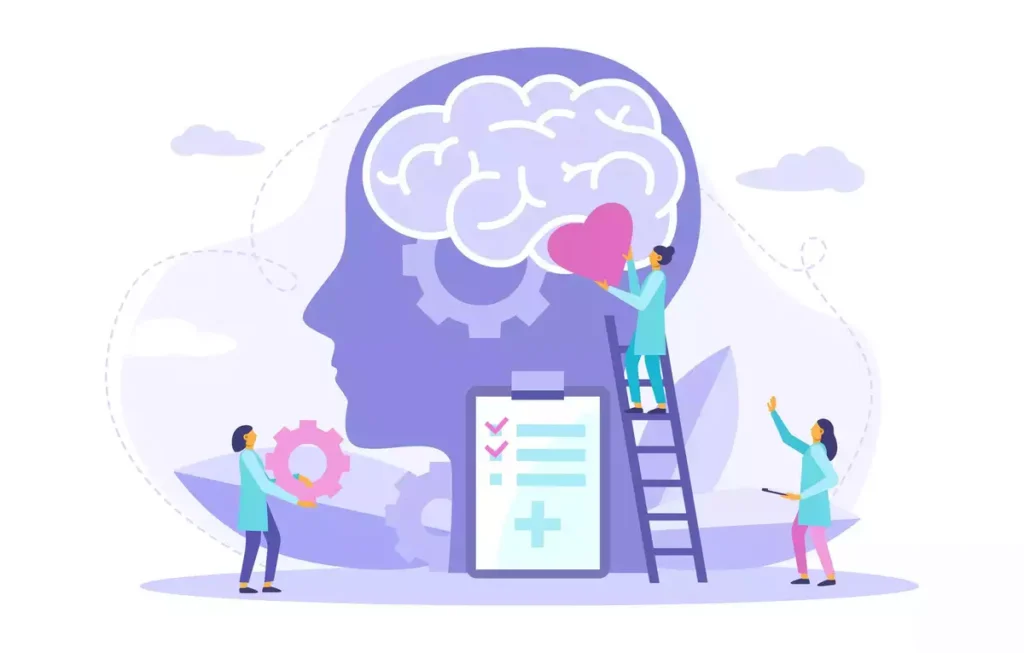
Why is Mental Health Important?
1. Overall Well-Being: Good mental health is vital for our overall health. It helps us manage stress, relate to others, and make decisions.
2. Productivity: Mental well-being boosts our productivity and effectiveness in work, studies, and other activities.
3. Relationships: Healthy mental states promote better relationships with family, friends, and colleagues.
4. Physical Health: Mental health and physical health are closely connected. Poor mental health can lead to or worsen physical health problems, such as heart disease, stroke, and digestive issues.
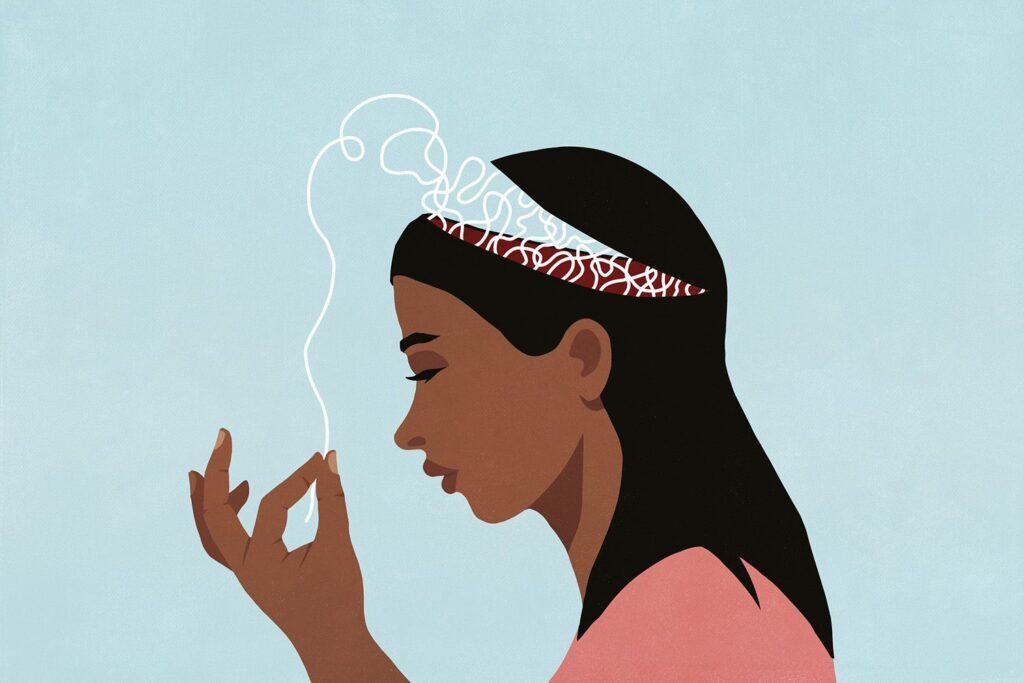
Common Mental Health Issues
1. Anxiety Disorders: This mental health issue can include panic attacks, obsessive-compulsive disorder, and phobias. People with anxiety disorders frequently feel intense, excessive, and prolonged worry and fear.
2. Depression: This is more than just feeling sad or going through a rough patch. Depression is a serious condition that affects how one feels, thinks, and handles daily activities.
3. Bipolar Disorder: This involves episodes of mood swings ranging from depressive lows to manic highs.
4. Schizophrenia: This is a severe mental disorder affecting how a person thinks, feels, and behaves. People with schizophrenia may seem like they have lost touch with reality.
5. Post-Traumatic Stress Disorder (PTSD): This can develop after exposure to a terrifying event. Symptoms include flashbacks, severe anxiety, and uncontrollable thoughts about the event.
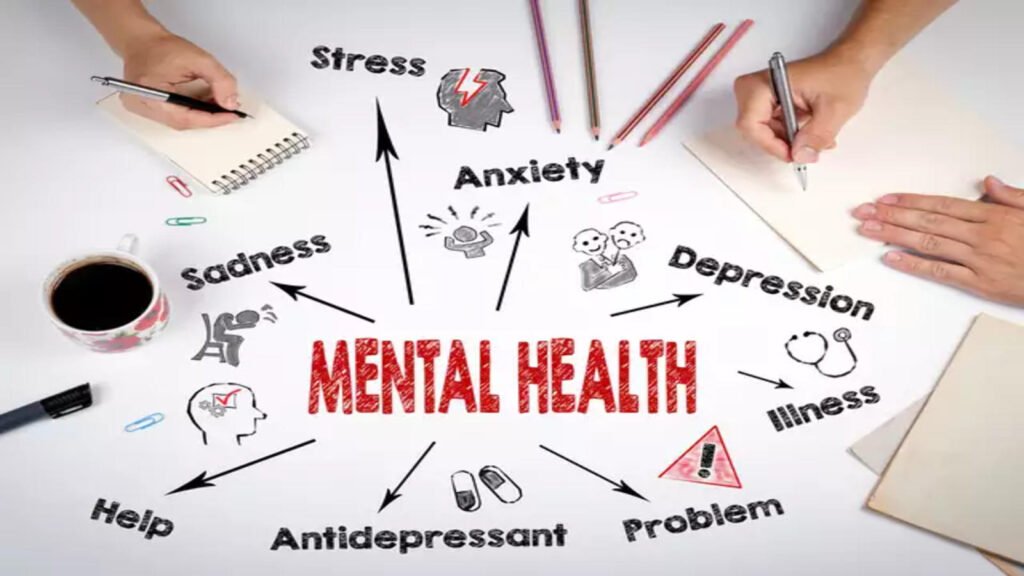
Signs of Mental Health Problems
Recognizing the signs of mental health issues is crucial for getting the necessary help. Some common signs include:
– Persistent sadness or feeling down
– Confused thinking or reduced ability to concentrate
– Excessive fears or worries
– Extreme mood changes
– Withdrawal from friends and activities
– Significant tiredness, low energy, or problems sleeping
– Detachment from reality (delusions), paranoia, or hallucinations
– Inability to cope with daily problems or stress
– Trouble understanding and relating to situations and to people
How to Improve Mental Health
1. Talk About Your Feelings: Sharing your thoughts with someone you trust can help lighten the load and provide a new perspective.
2. Stay Active: Regular exercise can boost your self-esteem and help you concentrate, sleep, and feel better.
3. Eat Well: A balanced diet can have a profound impact on your mental health. Foods rich in nutrients can improve brain function and mood.
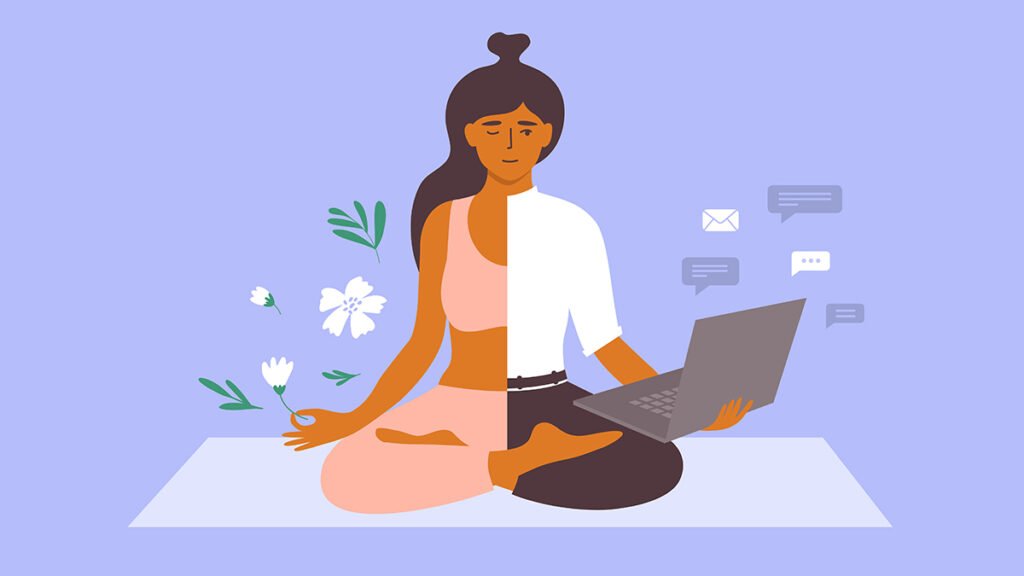
4. Limit Alcohol and Avoid Drugs: These substances can worsen mental health problems.
5. Stay Connected: Maintaining relationships and social networks can provide support and keep you grounded.
6. Take a Break: Giving yourself some ‘me time’ is important. A change of scenery or pace is good for your mental health.
7. Accept Who You Are: Recognize and accept your strengths and weaknesses. Be kind to yourself and understand that it’s okay to be different.
8. Seek Help: If things are getting too much, seek professional help. There’s no shame in asking for assistance.
Conclusion
Mental health is just as important as physical health. By understanding mental health, recognizing the signs of mental health issues, and taking steps to improve our mental well-being, we can lead happier, healthier lives. Always remember, it’s okay to seek help and talk about your mental health. It’s a sign of strength, not weakness. Prioritize your mental health as you would your physical health. Your mind matters.











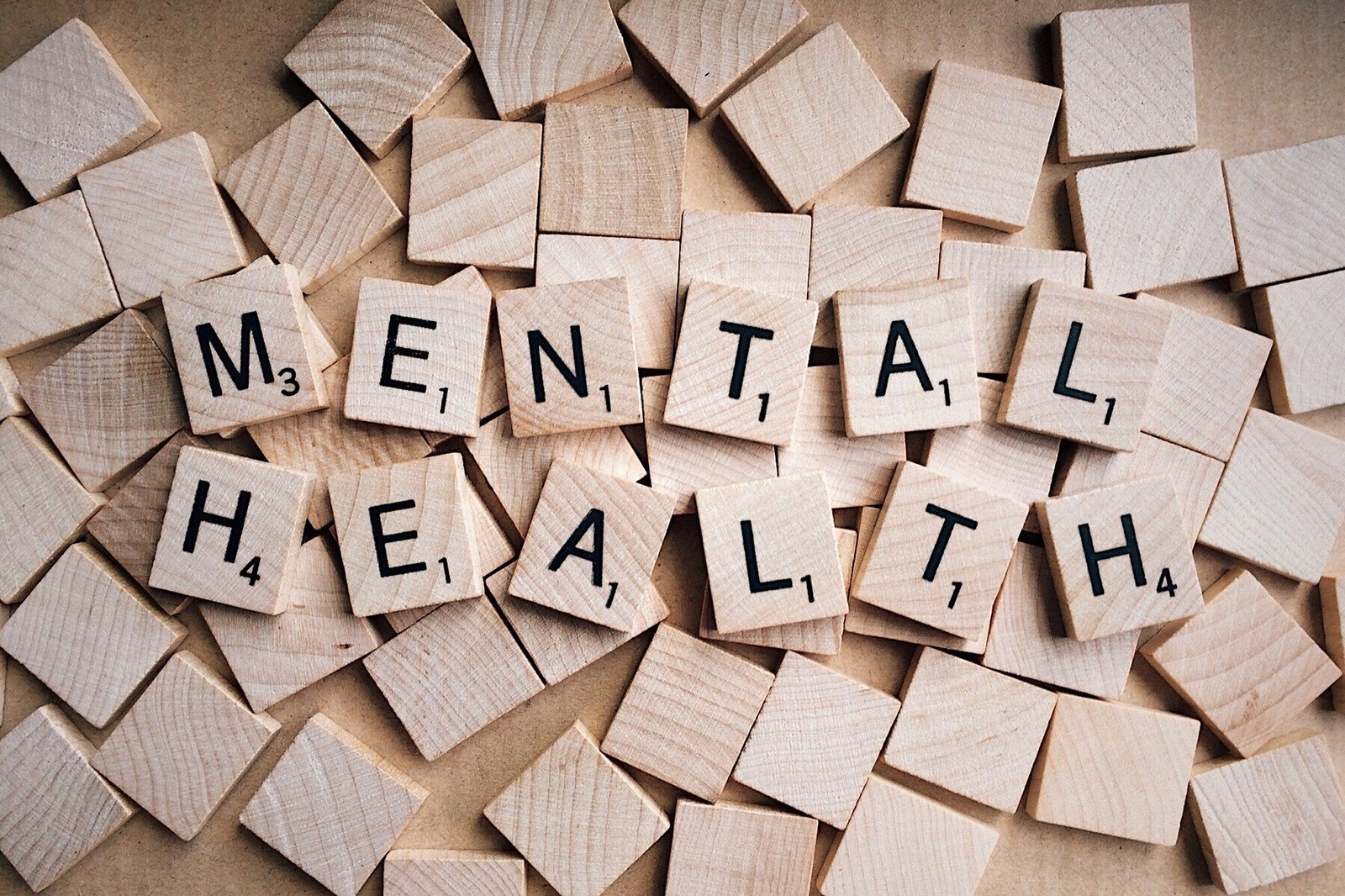

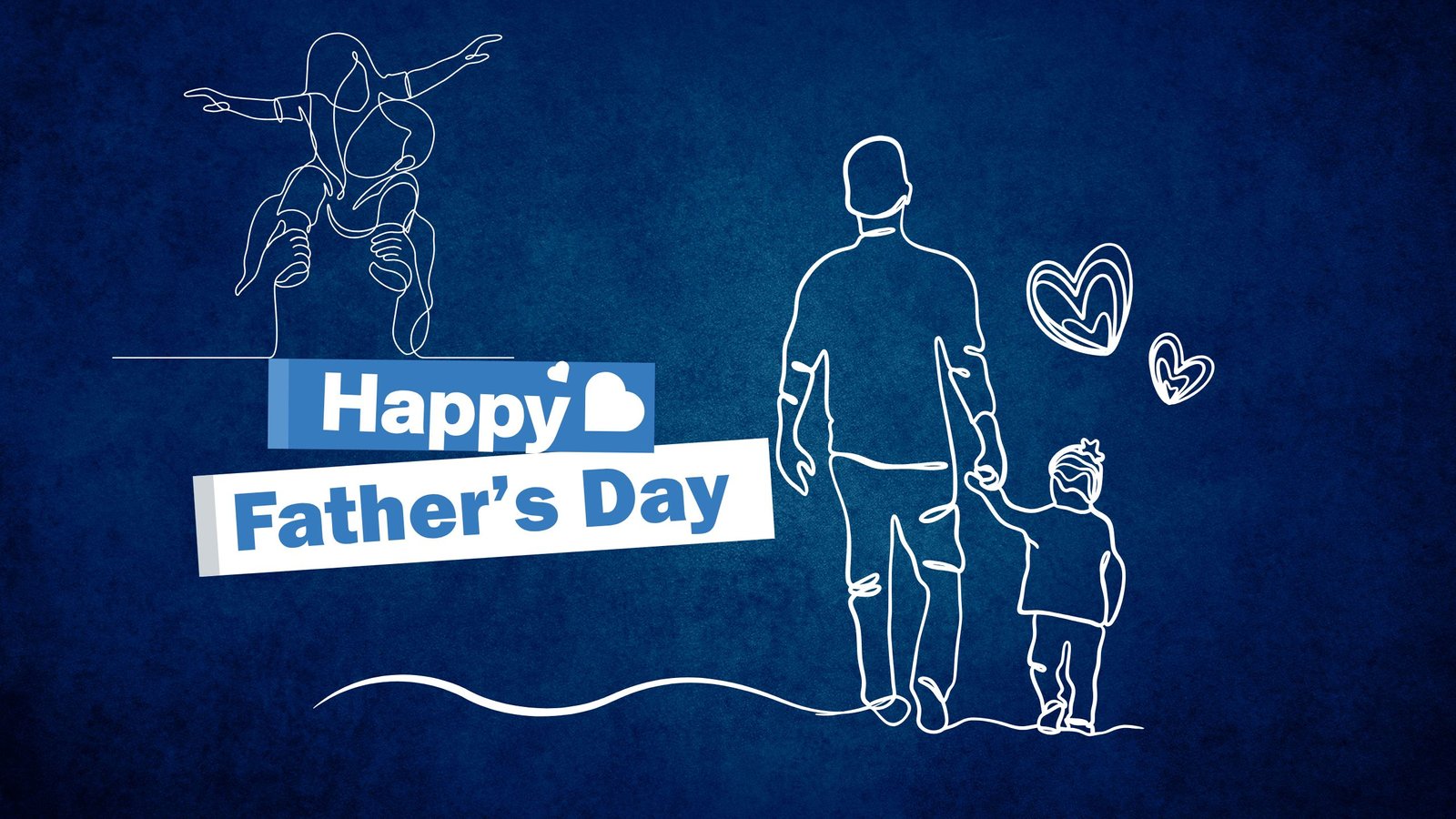
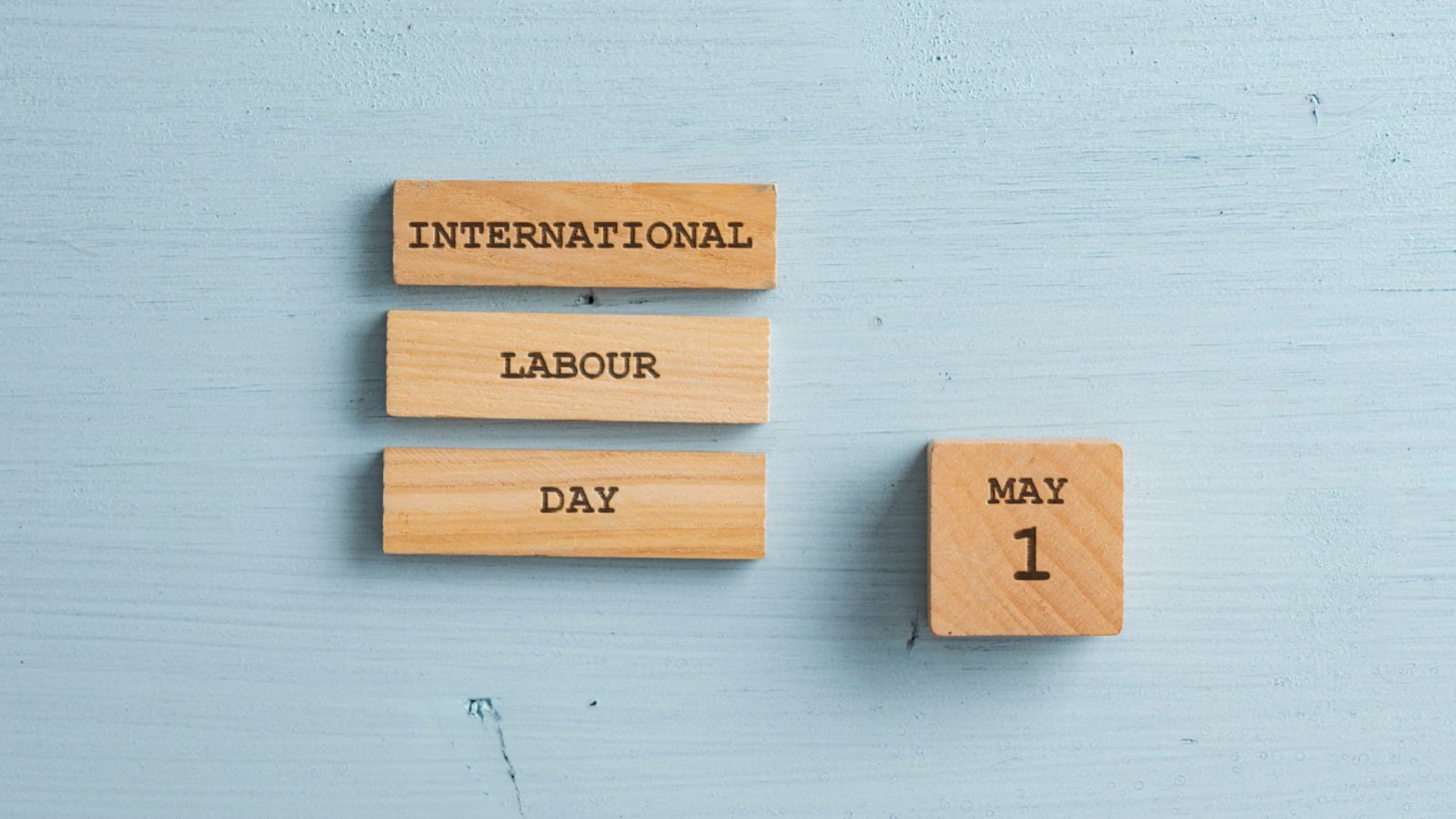

Techno rozen This is really interesting, You’re a very skilled blogger. I’ve joined your feed and look forward to seeking more of your magnificent post. Also, I’ve shared your site in my social networks!
YouJizz Awesome post! We’ll be linking this exceptional article on our platform. Keep delivering great content
Your article helped me a lot, is there any more related content? Thanks!